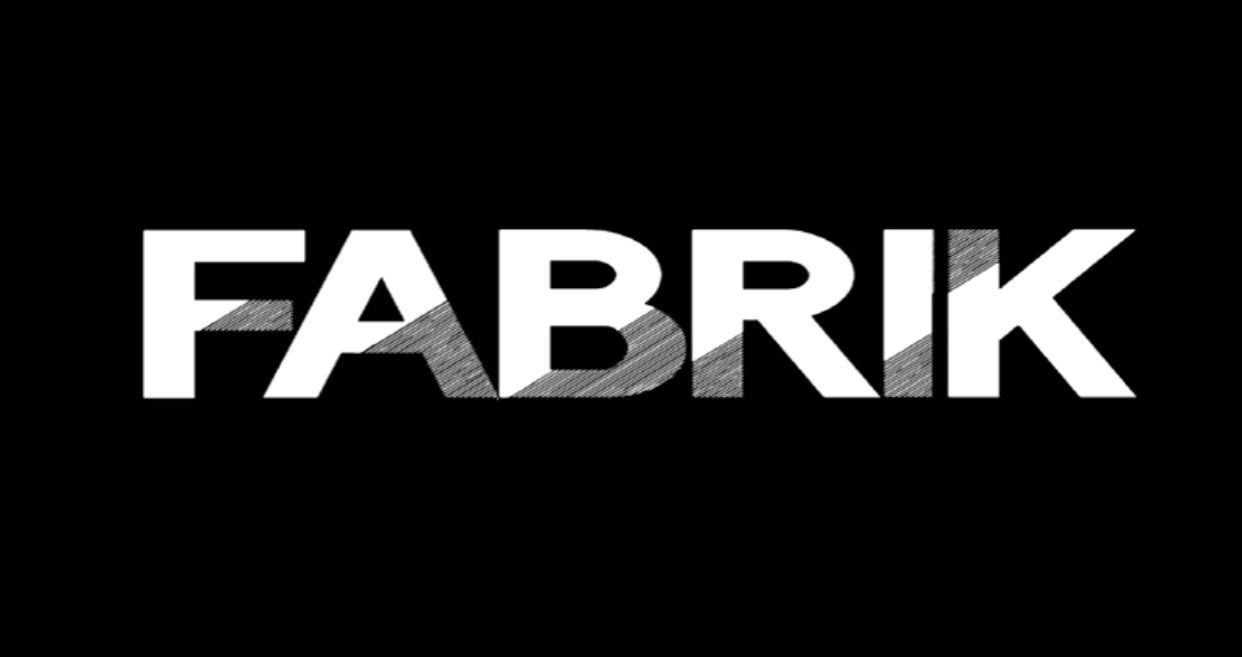Is Fast Fashion a Feminist Issue? - Opinion Piece
- Fabrik Sussex

- Oct 22, 2019
- 3 min read
Updated: Feb 16, 2020
Article Written By: Jasmine Smith
For many of us, fashion is an artistic and individualistic expression of who we are and how we want the world to see us. Clothes give us the tools for self-expression and creativity. Empowerment through dress is one of the most personal, fun, freeing, and expressive mediums to do so.
In a Westernised society, fashion is no longer a luxury. Cheaply made and budget-priced garments mean that fashion is accessible and affordable to almost everyone. There’s a constant buzz around who’s wearing what where, who's on-trend and who’s definitely not. Fashion is no longer just clothing but an all-encompassing representation of who we are, who we want to be and how we want the world to see us. The constant demand for the new and the ‘trendy’ means a culture of ‘fast fashion’ has quickly developed. Under our neo-liberal capitalist society, the fast fashion industry has reigned over a system of damage and exploitation; much of which remains unknown to the consumer.
It’s because of this sense of empowerment and the authoritative, industrial, nature of fashion that means, on the surface, fashion and feminism seem to go hand in hand. Fourth wave feminism can be defined through its use of social media, traditional media and art as forms of activism. By utilising these mediums, fourth wave feminists have found a way to speak out and make a statement against gender inequalities and patriarchal abuses of power. Over recent years many fast fashion brands have picked up on this and tailored their designs to capitalise on a movement that is constantly gaining more momentum and support. Graphic T-shirts with feminist slogans such as, “The Future is Female”, “We should all be Feminist” and many, many more are being sold in abundance from fast fashion brands like Topshop and Pretty Little Thing. Although presenting important and inspiring messages that we should all be getting behind, the realities of how these T-shirts are made and what the people behind the makings have to endure directly oppose the morals and ethics of the feminist movement.
The clothing and accessories these well-established fashion enterprises churn out are manufactured outside of the UK, in places like Bangladesh where workers-rights laws and protection are minimal. Workers are subject to low wages and horrendous working conditions, facing exposure to harmful chemicals, poor ventilation, and a lack of food and water. According to research collected byLabour Behind The Label, “approximately 80% of garment workers are women, aged 18-35”. These women are making as little as twenty-five cents an hour, meaning they can’t afford to feed themselves or their families and are facing a serious risk of death and disease every day. Meanwhile, a survey conducted by PR firm 10 Yetis revealed that women in the West who are frequently buying from these factories of exploited workers have on average $550 worth of unworn clothing, not having worn at least 20% of the items in their wardrobe.
It is hard to fathom that the thing that empowers and unites so many women is simultaneously anti-feminist in nature. It is, perhaps, the emphasis on westernised-white feminism: which repeatedly overlooks the struggles and inequalities of those of different ethnicity, class, sexuality and disabilities; in combination with our growing dependency on the material that has allowed the distinctively anti-feminist aspects of the fashion industry to be swept under the rug. Despite many of these brands appearing in accord with feminist morals and values, through their use of inspirational catchy feminist slogans, the priority of these businesses is profit and thus they are willing to take any means necessary to achieve this; even if it means repeatedly subjecting the individual to varying methods of exploitation. Rather than being blinded by a cute top, or falling in love with a new pair of shoes, it is up to us as a community of fashion lovers to delve deeper into the distressing truths of the fashion industry; where our best-loved ‘fits are made and who by. Applying an intersectional feminist lens to all we encounter.
Article Written By: Jasmine Smith
Comments